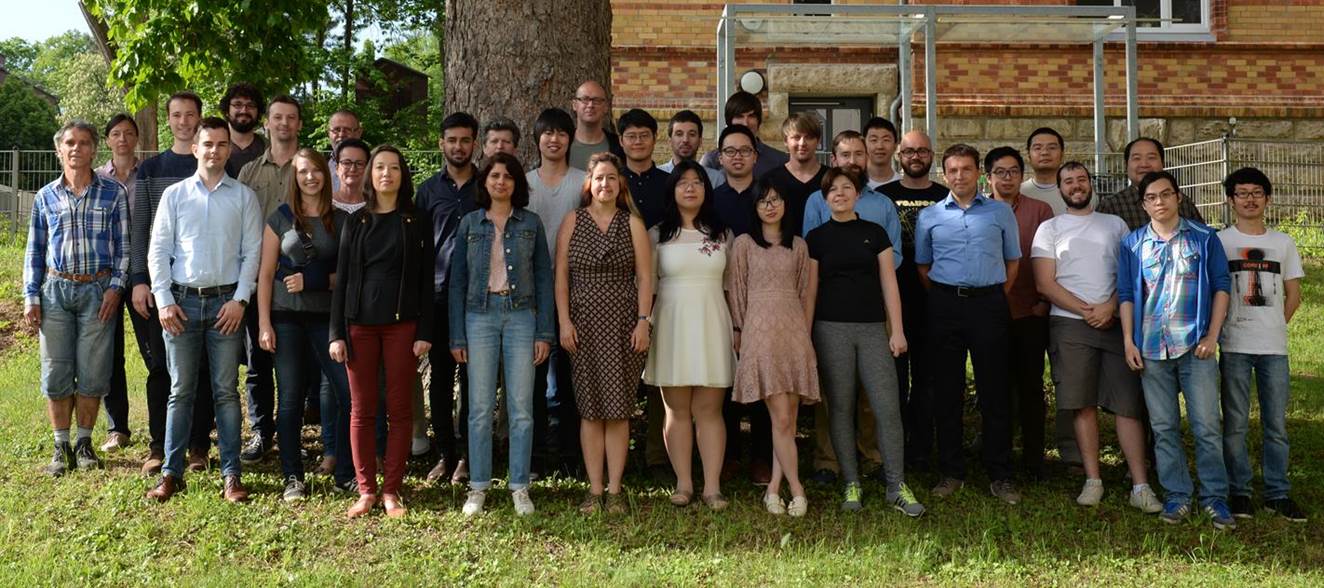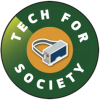Friedrich-Schiller-University JENA
-
0 comments

Liquids, circulating within a building’s envelope, can be used for heating, cooling, insulating, shading, or changing the building’s color; the innovation developed is a large-area flat-panel heat exchanger realizing these functions in novel building designs, constructions and retrofittings.
About the innovator
In our team, young researchers from 17 different nations are presently collaborating on the development of new materials for energy efficient building envelopes and sustainable living, information display, communication, and green chemistry. With a primary focus on glasses, we strive to translate fundamental insights about the chemistry and the atomic structure of a material into everyday-products. From smart windows and containers to displays, touch panels and optical fiber, we advocate the current societal impact of glass materials.
UniJena on Twitter
What is the innovation
The LaWin project was conducted to develop a new generation of materials by which buildings can be wrapped in a liquid layer. Large-area fluidic devices were produced for implementation with façades and smart windows by combining a series of novel glass processing technologies. Ensuring compatibility with existing production lines and logistics of state-of-the-art windows, fully functional windows were fabricated and tested during indoor and outdoor operation for heating, cooling and shading in various demonstration scenarios.
Out of the lab. Into the market
A dedicated business plan was developed on the basis of continuous life cycle analyses, demonstrator performance and cost assessment. Initially targeting non-residential buildings and transitioning to retro-fitting, the benefits of LaWin products will be capitalised on the lines of indoor hydronic cooling, window-integrated water-to-air heat exchange, and vertical, switchable solar thermal energy harvesting through licensing to established window manufacturers.
Benefits of participation in the Framework Programme
Participation in Horizon 2020 provided us with the unique opportunity to form a partnership of excelling strength and diversity, together with the means to establish serious processing capabilities such as those required in the development of real-scale demonstrators and testing scenarios, hereby taking ideas out of the lab. Through facilitation of cross-collaboration, we were able to benefit further from joint efforts in related projects, including the areas of life cycle analysis, strategies of exploitation, and new stimuli for spin-off technologies.
This innovation was funded via H2020 project LaWin.
Team behind the innovation
/futurium/en/file/groupjpg-0group.jpg


